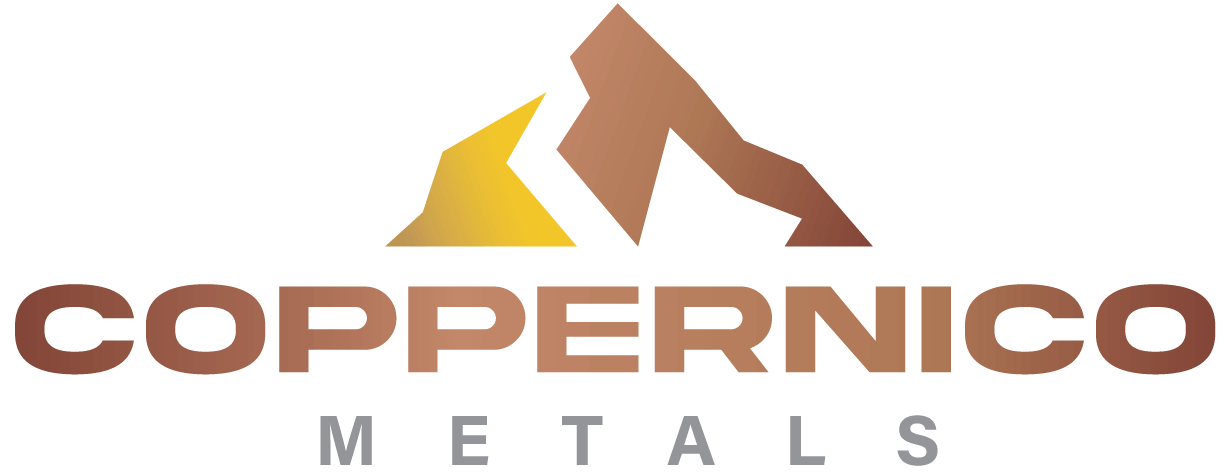Torq Resources to Follow up On Nearly 1km Long Copper Discovery Hole with Chair Shawn Wallace
Torq Resources’ (TSXV: TORQ | OTCQX: TRBMF) Santa Cecilia project is characterized by both gold epithermal and gold–copper porphyry styles of mineralization and demonstrates geological similarities to multi-million-ounce deposits in the region, such as La Coipa, Cerro Maricunga and the immediately adjacent Caspiche and Cerro Casale gold – copper porphyry deposits, held by Newmont and Barrick. Torq’s technical team conducted a geological evaluation of the only two drill holes targeting copper porphyry mineralization at Santa Cecilia, drilled into the Cerro del Medio target in the center of the property by the private owner in 2012. These two drill holes intersected 925.7 m of 0.45% CuEq, consisting of 0.21 g/t gold, 0.27% copper and 82 ppm molybdenum (CDM-12-003) and 868.8 m of 0.35% CuEq, consisting of 0.09 g/t gold, 0.2% copper, and 156 ppm molybdenum (CDM-12-002) and are associated with low resistivity values. Located approximately 500 m apart, drill holes CDM-12-002 and CDM-12-003 intersected mineralization associated with extensive zones of stockwork veining within highly altered volcanic and intrusive rock. Gold-copper-molybdenum mineralization is associated with the strong, multi-phase EB, A, B, and D type porphyry styles of veining recognized. Both holes are characterized by strong potassic alteration that is locally overprinted by sericite-chlorite or advanced argillic alteration assemblages. Drill hole CDM-12-002 intersected mineralization within a volcanic package of rock, including andesites and tuffaceous units that are within the wall rock of the causative mineralizing intrusions that were intersected in drill hole CDM-12-003, which included quartz diorites, diorites, micro-diorites and igneous and hydrothermal breccia bodies. This is important as it demonstrates the overall strength of the hydrothermal system that pervasively altered the wall rocks in drill hole CDM-12-002 and also points toward additional mineralized porphyry bodies to the east of drill hole CDM-12-003.
Drill holes CDM-12-002 and CDM-12-003 demonstrate a vertical distance of over 1,200 m of continuous gold-copper-molybdenum-style porphyry mineralization. When combined with additional historical drilling at the Cerro del Medio target that was conducted by a major international mining company in 1988-1990 to define shallow oxide gold epithermal mineralization, the historical data and drill core suggest over 1,500 vertical metres of continuous mineralization. There is no historical core available from the shallow drilling in 1988-1990, which consisted of approximately 14,000 m. In addition, CDM-12-002 and CDM-12-003 have thus far defined porphyry-style mineralization over 800 m in a north-south direction and 500 min an east-west direction. The initial observations from these two drill holes demonstrate two or three distinct pulses of porphyries and associated mineralization. Importantly, all the known multi-phase porphyry projects and mines in the region have one porphyritic phase with higher grades, which is critical in terms of economic viability. Torq’s technical team believes that, given the outstanding strength and size of the hydrothermal system at Santa Cecilia, one or more higher-grade porphyritic phases will be present. Discovering one of these higher-grade porphyry phases is the primary exploration objective in the coming drill campaigns over this 10 square km hydrothermal alteration system.





